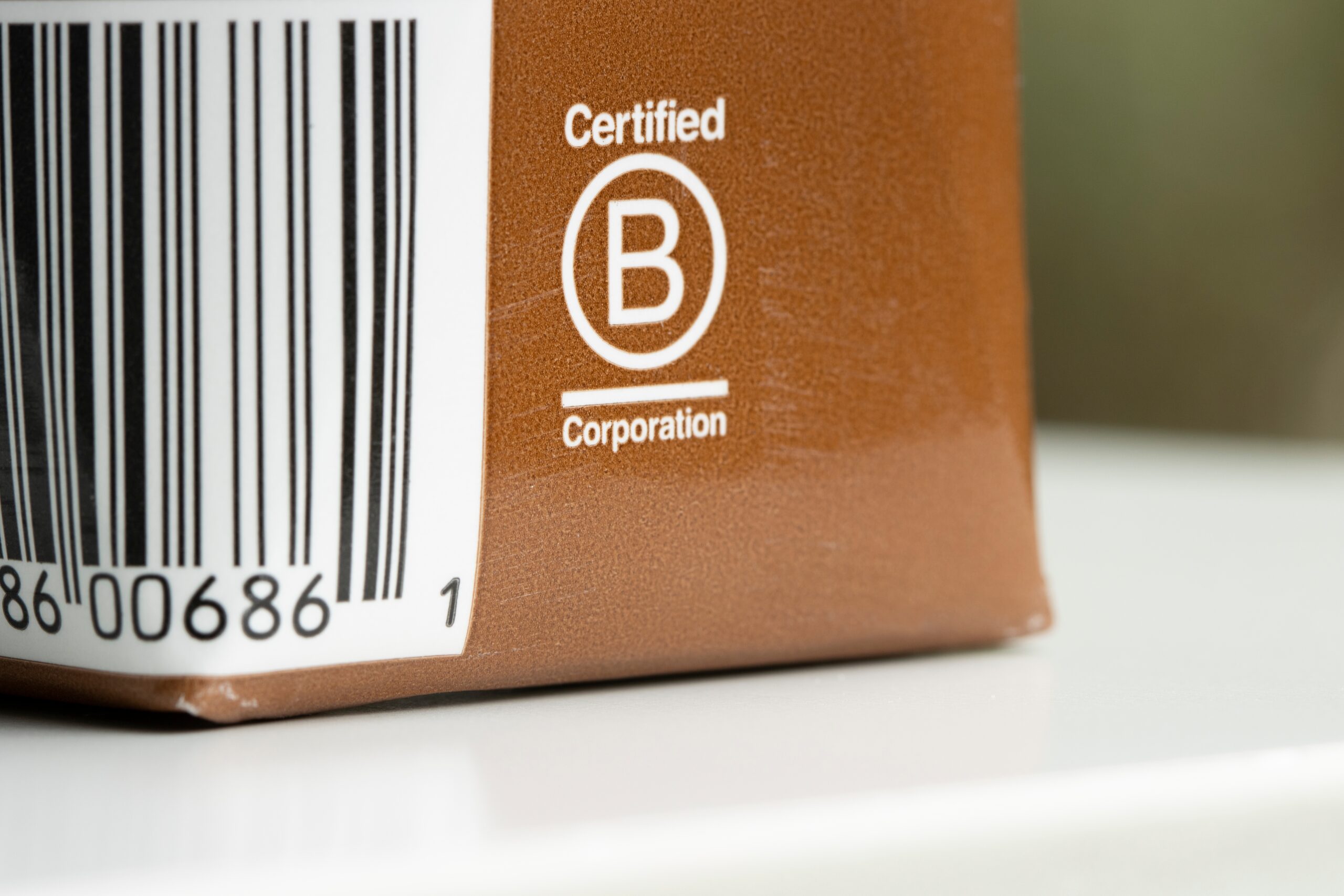Why we need B Corps more than ever

From my very first encounter with the B Corp movement, I was smitten. The B Corp model drew me in.
As a founder and former CEO of one of the earliest Certified B Corps and more recently a Global Ambassador for B Lab and co-founder of the B Corp Climate Collective, I’ve always believed in the promise of the B Corp movement, that it could move companies – and even whole economies – towards being a force for good.
But what does the future hold for it? A recent article in the Financial Times important questions about B Lab and its community.
The movement, which began over a decade ago with just a handful of visionary pioneering companies now has more than 6,000. As the movement has grown, B Lab and the B Corp community have been grappling with their future.
The B Corp movement at an inflection point
Much of the recent criticism leveled at B Lab and the B Corp movement has centered around the certification of large multinationals. Understanding that plenty of large multinational and public companies are making progress on the journey but are still way off, the question has been raised whether multinationals should be aspiring (or even allowed) to be B Corps.
Critics have also argued that the B Corp standards have become too broad and bloated, and do not do enough to tackle issues like climate change or economic inequality. Others have argued that the standards focus too much on individual company practices rather than broader systemic changes.
It’s clear that the B Corp community is at an inflection point.
What do we need from B Corps and the B Corp community now?
B Lab announced a review of the B Corp Certification requirements in December 2020. The new standards, expected to go live in 2024, emphasize 10 universally applicable topics and define non-negotiable requirements for achieving certification. These include taking concrete climate action, paying workers a living wage, and using a business’ brand voice and power for collective action and advocacy.
The original standards put forward a set of good/better/best practices that enable a company to take a holistic approach to using its business for good. The new standard provides a set of non-negotiable requirements for achieving certification. My view is that these new expectations are long overdue and will keep the B Corp movement relevant into the next decade. In the world of ESG and sustainability, there’s no perfect standard. Despite my impatience for the new B Corp requirements to “go live,” I still believe the B Impact Assessment – both the old and the new versions – is the closest thing that exists today to a roadmap for businesses of any size to transition to a regenerative business model.
Just like no standard is perfect, no company is perfect. We need companies of all sizes to make progress towards a better future. I believe that we need B Corps now more than ever. We need more of them, and we need them in ALL shapes and sizes.
As part of my work with Leaders’ Quest, I have the privilege of working closely with a wide range of large multinational and public companies. Last week, a multinational client asked me whether the B Corp path is something they should still pursue in light of the Financial Times article. My answer was an unequivocal yes.


